Impact of COVID-19 on Rural Cancer Patients and Cancer Survivors
The COVID-19 pandemic and subsequent public health mitigation strategies have led to significant disruptions in daily life and healthcare utilization. Additionally, rural residents face significant barriers to cancer care even in normal times. As such, there is urgent need to better understand the impact of social distancing strategies and healthcare reorganization efforts on rural cancer patients and rural cancer survivors. To begin to address this need, this project will conduct a survey among cancer patients and survivors in rural and urban communities to compare impact of the COVID-19 pandemic on cancer-related health behaviors. This study is being conducted in collaboration with more than 15 NCI-funded cancer centers, which will each administer a version of the survey, focusing on unique populations relevant to their locale.
Questions? Comments? Contact us at covid19surveystudy@uw.edu
Project Team
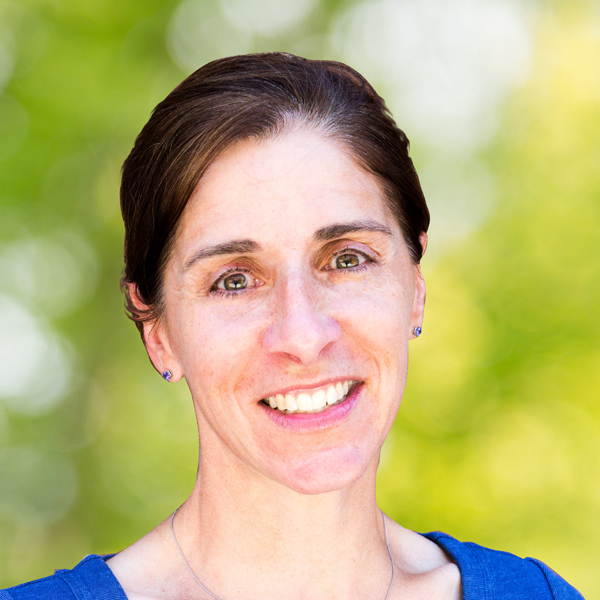
C. Holly Andrilla
Co-Investigator
Holly Andrilla is a senior research scientist and biostatistician at the WWAMI Rural Health Research Center in Seattle, Washington. She is a national expert on the workforce trained to provide medication treatment of opioid use disorder. She has conducted studies exploring the geographic and specialty distribution and prescribing practices of US physicians, nurse practitioners and physician assistants with a Drug Enforcement Administration (DEA) waiver to treat opioid use disorder. In June 2016 she participated in the United Nations Office on Drugs and Crimes meeting to develop a model for drug prevention and treatment in rural settings. Ms. Andrilla led a national study to quantify the availability of medication treatment in rural areas of the United States. She developed a model to project the contribution of nurse practitioners and physician assistants to providing medication treatment in rural areas when the Comprehensive Addiction and Recovery Act extended the ability to obtain a DEA waiver to them. She is expert in managing large datasets; designing, performing and interpreting complex statistical analyses; and conducting survey research. Ms. Andrilla has had major analytic roles in workforce studies of physicians, physician assistants, dentists, dental hygienists, registered nurses, advanced practice nurses, and other groups. She has directed surveys of health care professionals and facilities, including a national survey of federally-funded health centers, and a national survey of family practice residencies.
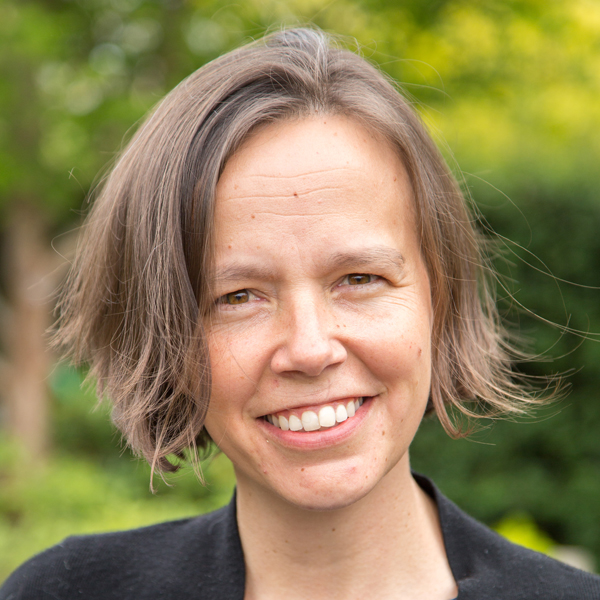
Allison M Cole
Project Leader
Dr. Cole is Assistant Professor in the Department of Family Medicine at the University of Washington where she sees patients, conducts research and teaches family medicine residents. She attended medical school at the University of Iowa and received her Masters of Public Health in health services from the University of Washington. After completing her residency in family medicine at the University of Iowa Hospitals and Clinics, Dr. Cole practiced full time family medicine at a Community Health Center in the Seattle area. She completed a 2-year NRSA Primary Care Research Fellowship at the University of Washington and joined the faculty in 2012. She is Associate Director for the WWAMI region Practice and Research Network and leads research programs in cancer screening and prevention and implementation of evidence-based practice.
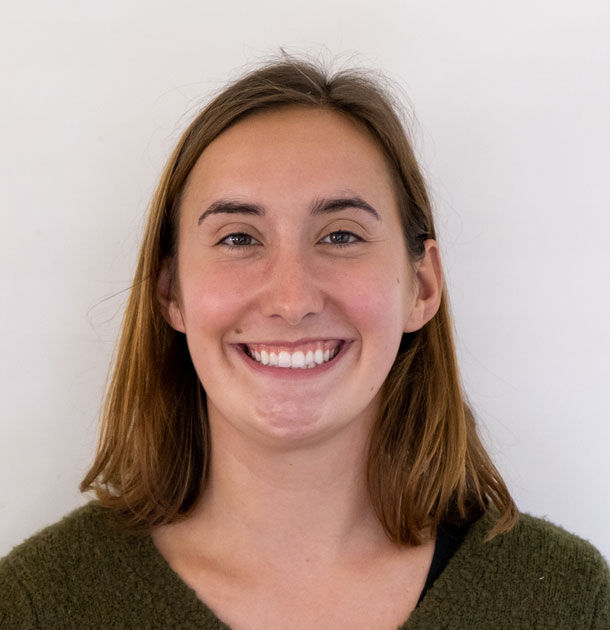
Sarah Davidson
research coordinator
Sarah is a research coordinator working with Dr. Allison Cole and Holly Andrilla to investigate the effects of COVID-19 on cancer care in rural communities. She joined the Department of Family Medicine Research Section in 2020.
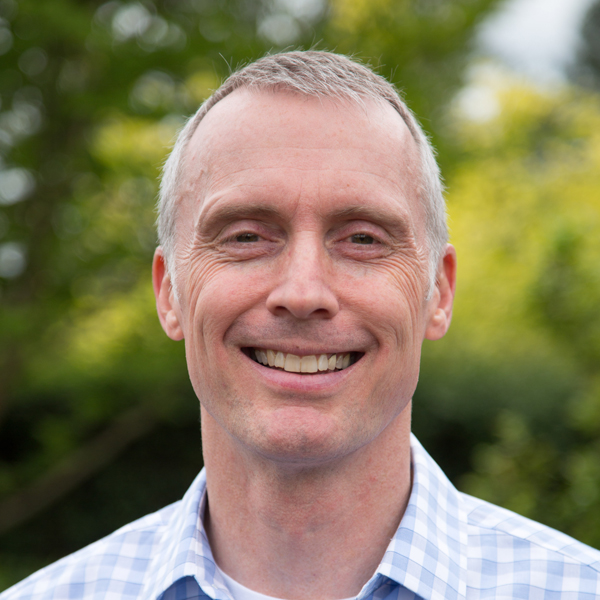
Davis Patterson
Co-Investigator
Davis Patterson, PhD, is a sociologist and Research Associate Professor in the University of Washington (UW) Department of Family Medicine in Seattle, Washington. He is Director of the WWAMI Rural Health Research Center and the Collaborative for Rural Primary care Research, Education, and Practice (Rural PREP). He is also an investigator in the UW Center for Health Workforce Studies. His research seeks to inform policy and improve rural and underserved populations’ access to healthcare, with a focus on the health workforce. His current research includes studies examining educational pathways, from K-16 through health professional schools, to produce rural health care practitioners; rural emergency medical services; and provision of home health services to rural patients. He is a member of the International Health Workforce Collaborative and Chair of AcademyHealth’s Health Workforce Interest Group. He is a returned Peace Corps Volunteer (Belize), an avid traveler, and fluent in Spanish.
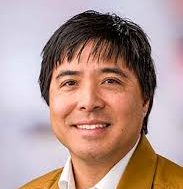
Jason A. Mendoza
Co-Investigator
Dr. Jason “Jay” Mendoza is the associate program head of the cancer prevention program in the division of public health sciences at the Fred Hutchinson Cancer Research Center. He is also the associate director of Community Outreach and Engagement, or COE, for the Fred Hutch/University of Washington Cancer Consortium. The Office of COE uses community-based participatory research approaches to address health inequities and reduce risk of cancer, in partnership with community-based organizations and key community stakeholders.
